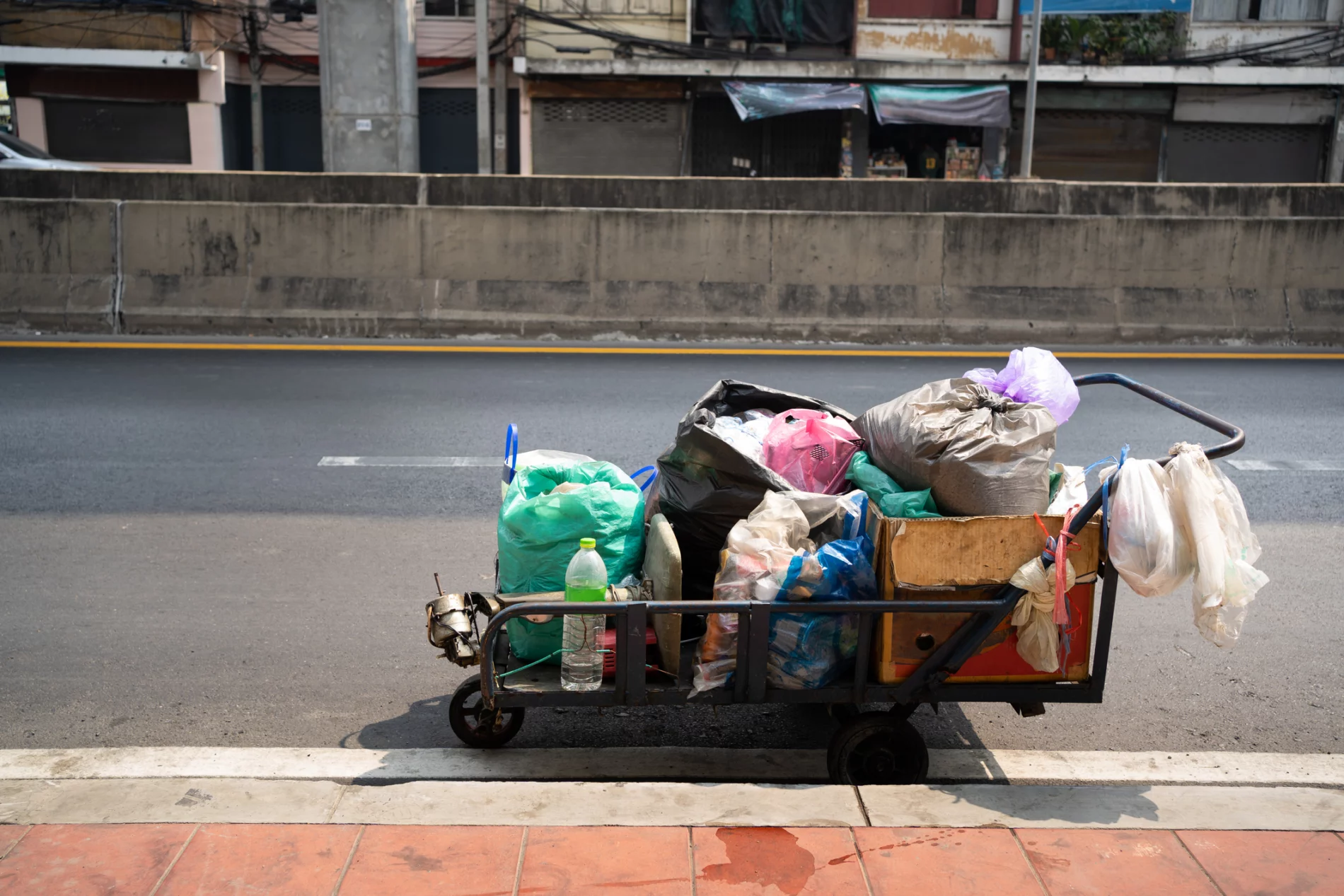
- About Us
- Working group
-
-

- Circular agriculture
-
This thematic discussion channel focuses on sharing knowledge, models, and initiatives in specific fields to facilitate the exchange of experiences, update solutions, and discuss practical implementation lessons
-
-
- News
-
-
-
Most updated news and events on CE
nationally and internationally
-
-
-
- Resources
-
-
-
Circular Economy
resources and topics
-
-
-
-
- Financing opportunities
- CE Initiatives
-
-

- Circular agricultural products
-
This channel showcases agricultural products developed and produced using a circular farming model.
-











